Retro Replay Review
Gameplay
Castlevania: Order of Ecclesia reinvigorates the series’ action roots by blending tight, responsive controls with a unique customization system built around glyphs. Instead of wielding traditional weapons, Shanoa draws on captured souls—glyphs—to perform attacks and abilities. This approach forces players to think strategically about their loadout, balancing offensive power glyphs with support glyphs that enhance stats or grant special effects, such as elemental resistances or recovery boosts.
(HEY YOU!! We hope you enjoy! We try not to run ads. So basically, this is a very expensive hobby running this site. Please consider joining us for updates, forums, and more. Network w/ us to make some cash or friends while retro gaming, and you can win some free retro games for posting. Okay, carry on 👍)
The level design unfolds across a series of compact, mostly linear stages connected by an overworld map. Each area features hidden alcoves, secret passages, and optional rooms where careful exploration is rewarded with HP and MP capsules, rare crafting materials, or lore snippets. The combination of platforming challenges—timed jumps, moving platforms, and environmental traps—and combat encounters keeps the pace brisk and encourages replaying stages with new glyph setups to discover alternate routes.
Character progression follows a traditional RPG model: vanquish enemies to earn experience, level up Shanoa, and allocate points to maximize offensive strength, magical potency, or survivability. This system complements the glyph mechanics perfectly, as boosting certain stats can unlock more powerful glyph synergies. Side quests—rescuing villagers who then offer hunting or collection tasks—add variety and reasons to revisit stages, extending playtime well beyond the core story path.
Multiplayer features also make a welcome return. The time-attack race mode lets you challenge friends locally or online, sprinting through custom courses to see who can rack up the fastest completion time. Meanwhile, the Cat Shop system allows you to buy and sell surplus items via Wi-Fi, turning extra drops into a form of currency. These communal elements, though modest, inject fresh competition and encourage repeated playthroughs.
Graphics
Despite the Nintendo DS’s modest hardware, Order of Ecclesia delivers consistently impressive 2D visuals. Character sprites are sharply defined, with fluid animations that bring Shanoa’s glyph attacks to life. Each glyph unleashes a distinct visual flourish—ranging from icy shards to blazing tomes—making combat feel dynamic and visually rewarding.
Levels are richly detailed, featuring gothic architecture, misty graveyards, and candlelit cathedrals. Background layers scroll parallax-style, creating a sense of depth uncommon in many handheld titles of the era. Color palettes shift cleverly across areas: warm reds in infernal halls, cool blues in haunted crypts, and muted browns in ruined villages, giving each stage its own atmosphere.
Special effects—such as glowing runes, lighting flickers, and particle bursts during spellcasting—are handled with surprising finesse. Even on the DS’s dual screens, frame rates remain stable, and sprite flicker is minimal. The user interface is clean and unobtrusive, with glyph icons and health bars neatly organized at the bottom screen, ensuring the action never feels cluttered.
Story
Set in the early 19th century, Order of Ecclesia takes the Castlevania mythos in a fresh direction. The Belmont clan’s mysterious disappearance leaves the Order scrambling for new methods to counter Dracula’s inevitable return. Enter Shanoa, a promising acolyte chosen to wield Dominus—an ultimate spell intended to seal away darkness once and for all.
The narrative kicks into gear when Albus, a fellow acolyte, betrays the Order by stealing the three tomes of Dominus. Shanoa’s mission to recover Albus and the stolen glyphs becomes a personal journey of loss, resolve, and self-discovery. Along the way, her interactions with rescued villagers and occasional rival confrontations with Albus provide emotional weight and nuanced character development uncommon in many action-platformers.
While the main quest remains relatively straightforward—track down Albus, retrieve the tomes, and face Dracula’s looming threat—the game drops lore-rich documents throughout its stages. These scraps of monastic writings, ancient diaries, and cryptic portraits enrich the world-building, offering context for the Order’s origins and the tragic histories of past vampire hunters. Fans of Castlevania’s deeper mythology will find plenty to savor.
Overall Experience
Castlevania: Order of Ecclesia stands out as one of the Nintendo DS’s best action-platformers. Its blend of fluid combat, strategic customization, and rewarding exploration creates a satisfying loop that keeps players invested from start to finish. The innovative glyph system encourages experimentation, ensuring each playthrough feels fresh.
Graphically, the game punches well above its weight, delivering moody atmospheres, detailed sprites, and stylish spell effects without sacrificing performance. The dual-screen presentation is used effectively, with menus and maps relegated to the bottom screen, freeing up the top for uninterrupted action. Audio design—spanning haunting chorales to driving battle themes—underscores the gothic setting and heightens dramatic moments.
While the story’s structure may feel familiar to genre veterans, the strong protagonist, unexpected twists, and lore-driven side content make it more than a simple fetch quest. Combined with multiplayer features that extend replay value, Order of Ecclesia offers both depth and accessibility. Whether you’re a long-time Castlevania fan or a newcomer seeking a robust handheld adventure, this installment delivers a polished, engrossing experience that’s well worth your time.
 Retro Replay Retro Replay gaming reviews, news, emulation, geek stuff and more!
Retro Replay Retro Replay gaming reviews, news, emulation, geek stuff and more!
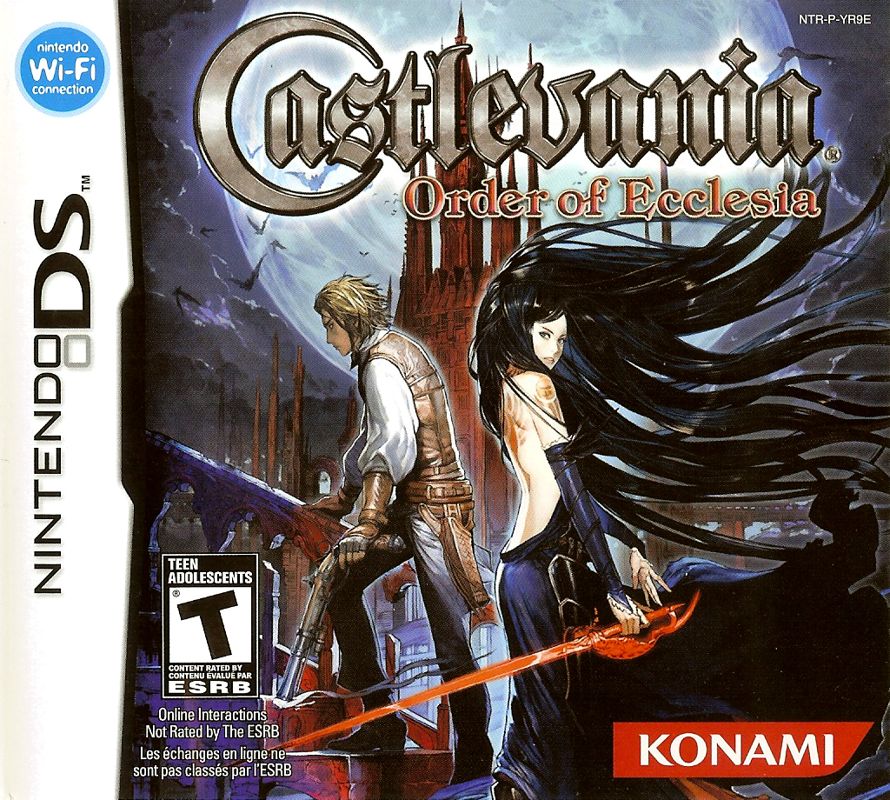
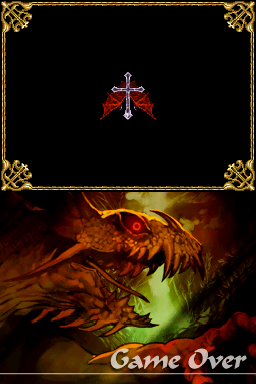
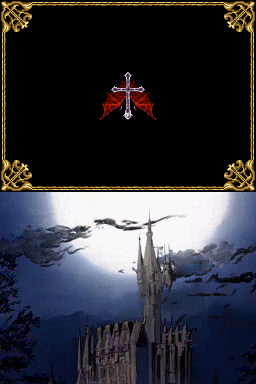
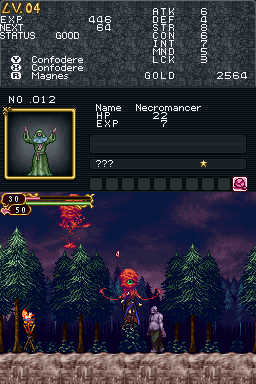
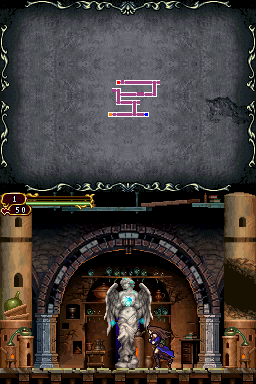
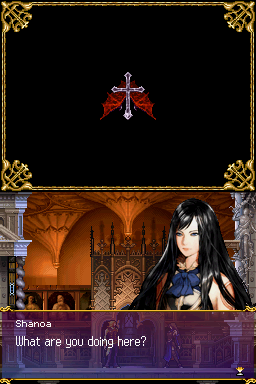



Reviews
There are no reviews yet.